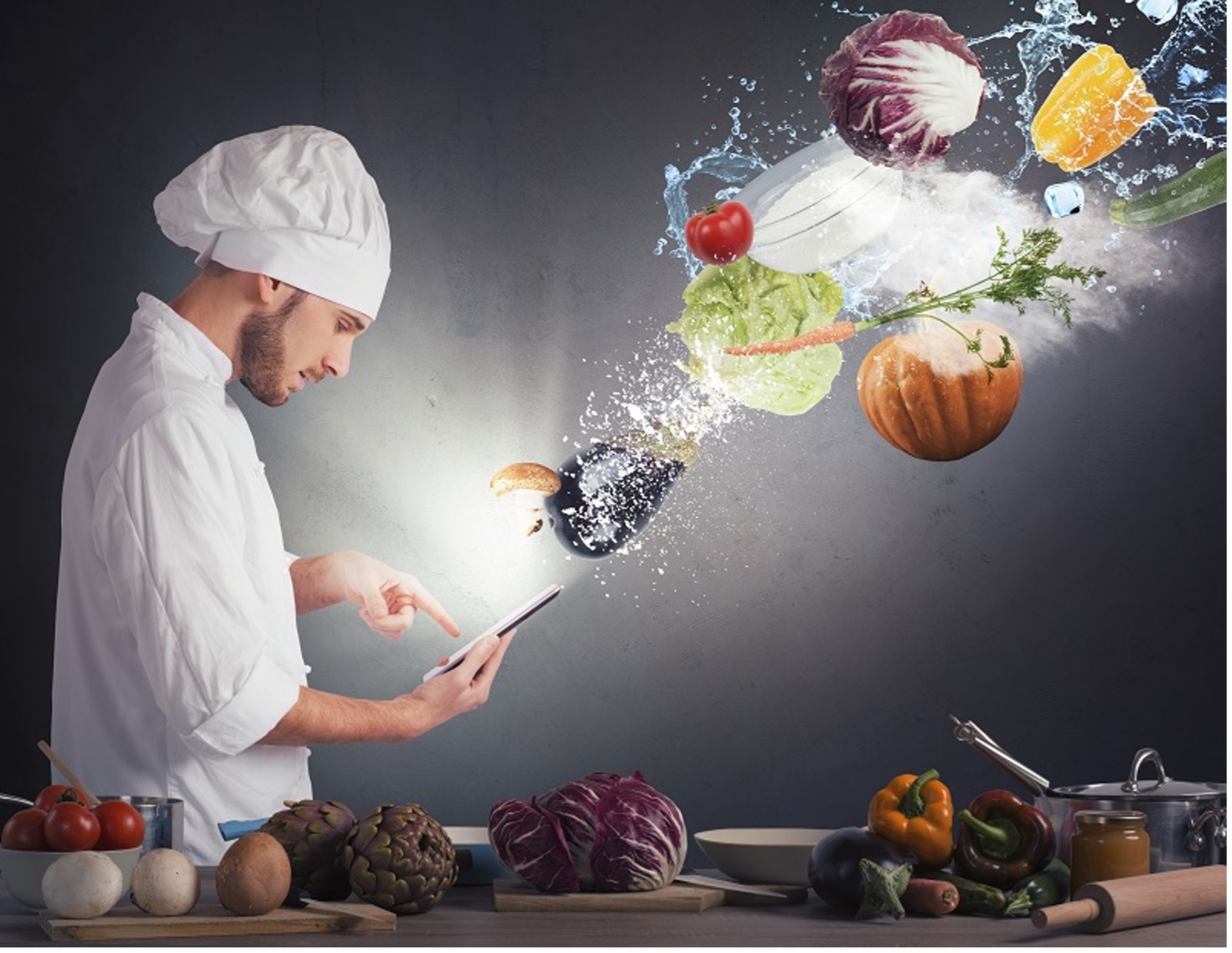
As a child, I loved watching a movie called Mini Espías. In particular, there was a scene where the heroes have to take refuge in a secret house. While exploring, they take a little package, similar to a bag of popcorn, read the instructions, and put it in a microwave. Within a few seconds, the package turns into a plate laden with a hamburger and fries. I remember thinking that this wasn't magic, but rather a very advanced technology, from somewhere in a very distant future.
Apparently, that future has arrived. I don't know if it has the exact features shown in the movie (maybe it does, and we just don't know it yet), but there is a feeling that food can be created and appear “out of nowhere". On the other hand, I remember my parents always telling me that it was very important for me to know, for example, that eggs don't originate in the refrigerator; that there is a whole process by which they come to be there, and that there are animals in the world that give us these foods. I guess they never imagined that the day would come when we would have foods in our refrigerators that didn't come from animals, but that looked like they did. I never would have thought of it either.
Over the past few years there have been great advances in the food industry, even what might be called a revolution. Why? Because machines have been invented and developed that produce foods that do not involve the use of natural resources or animals, but that have the same vitamin and protein characteristics. It's not new that the food system today has become a worldwide challenge: Population growth and changes in the food habits of many societies are straining food production capacity. Despite the efforts invested and optimization strategies, we are pressing resources to their limits on a path that leads to global challenges to biodiversity and the health of the planet, its soil, and its inhabitants. While this is happening, digital, physical and biological technologies are advancing at unprecedented levels. Scientists who dedicate themselves to researching and developing technologies in all sorts of areas have not ignored the world’s food challenges, and in recent years increasing attention has been devoted to what is now called FoodTech. The overall goal of the companies and projects involved is to make the agri-food industry more modern, sustainable and efficient in all its stages. The changes and developments to achieve this goal can include everything from the ingredients, via processing and the food itself, all the way to packaging and distribution. The technologies enlisted include robotics, 3D printing, and artificial intelligence, among others.
Did you know that Israel is considered a country with high level of meat consumption? At the beginning of 2022, Israel’s Ministry of Agriculture reported that in 2021, per capita consumption had increased by 65% in the last 6 years, reaching 19.6 kg per year. Is that a lot? Apparently, this places Israel among the top meat-consuming countries. Per capita consumption in Argentina, for example, stands at 36.9 kg; in the United States 26.1 kg. While Israel does not reach these numbers, it is considered a major consumer. This is part of the reason why, in addition to many other areas, the Start Up Nation has become a global leader in the FoodTech revolution, too. As early as 2018, the Israeli Innovation authorities had decided that the Galilee region, in the north of the country, would be the birthplace of developments related to the FoodTech industry. This is where most of the companies in the industry are located today. Israel’s place at the forefront of this revolution is reflected in the annual international FoodTech event: in November 2022, the event was hosted in Tel Aviv.
In an interview with Erel Margalit, considered one of the architects of the Start Up Nation, he was asked about innovation that could generate global impact and he replied:
“The current global meat industry is a danger to the environment we live in. The terrible fires in the Amazon, for example, were a direct result of this industry. Unfortunately, Brazilian farmers are facing a shortage of grazing land, so they have started to burn large areas of forest to create open territories, destroying the ‘lungs’ of the world. The way to deal with this danger is to generate new breeding strategies and develop ‘cultivated meat’ - laboratory-made meat - which is produced by in-vitro cultivation of animal cells, instead of sacrificing animals.”
Margalit was also asked about the value of FoodTech and what sets it apart from other start-ups. His reply was that the impact is truly global, at a human level and for the entire world population. It impacts the way we consume food. Israel is characterized by being entrepreneurial and innovative, and FoodTech is a good example.
Israel’s entrepreneurial and innovative character is expressed in many other spheres, including education.
The Melton Master's program at the Hebrew University of Jerusalem, with its focus on social entrepreneurship and innovation in Jewish Education, is the ideal environment to teach and promote cutting-edge advancements, which not only have a global impact but also align with the values of sustainability and social responsibility.


